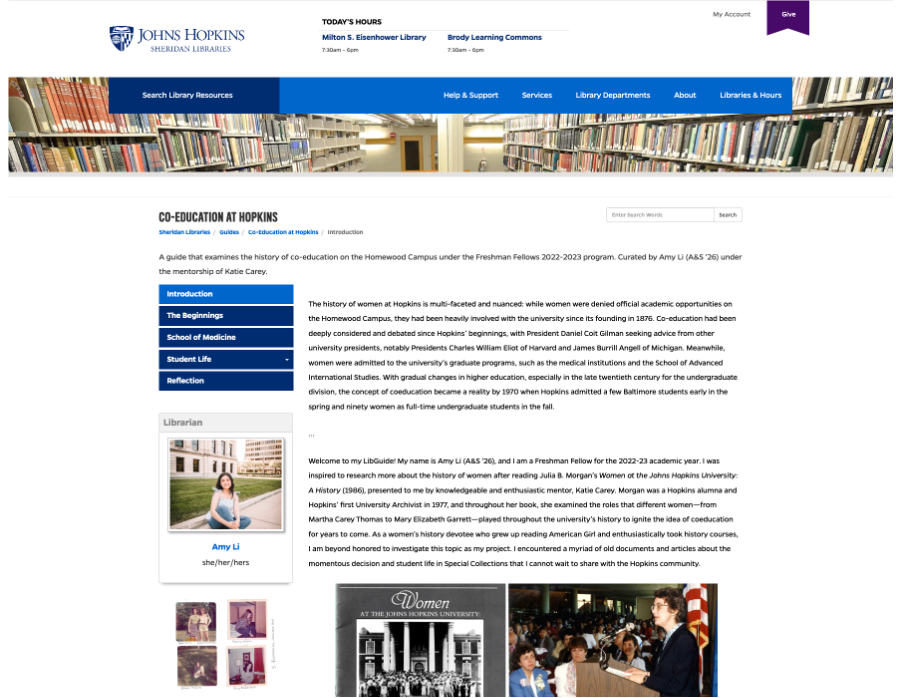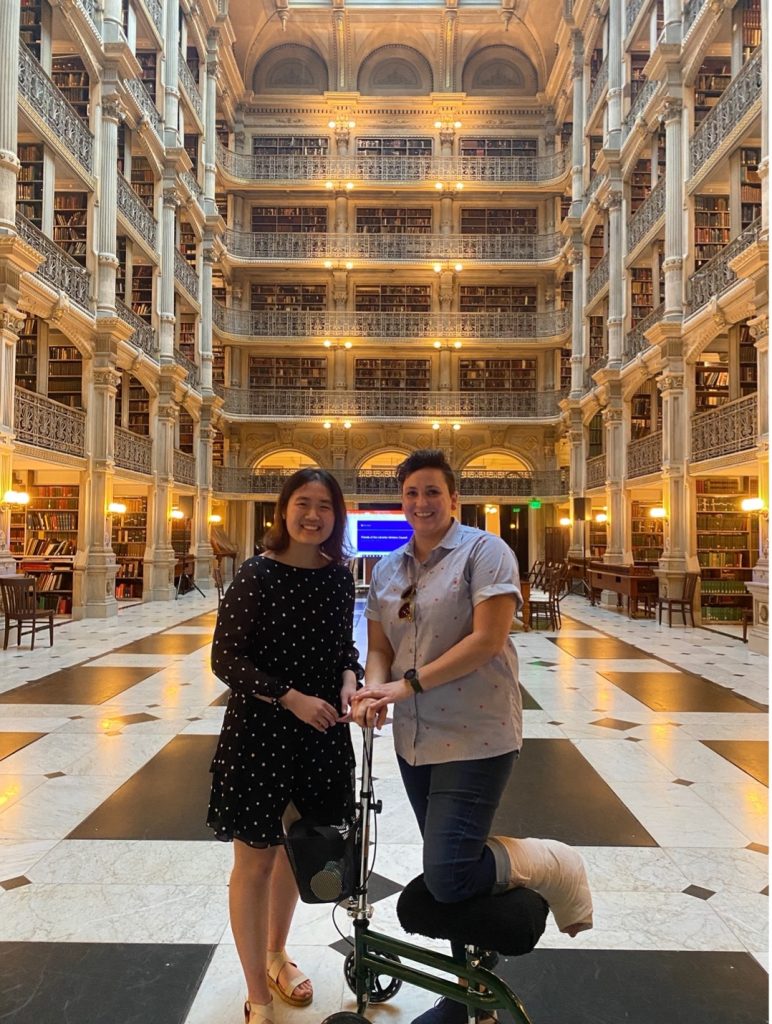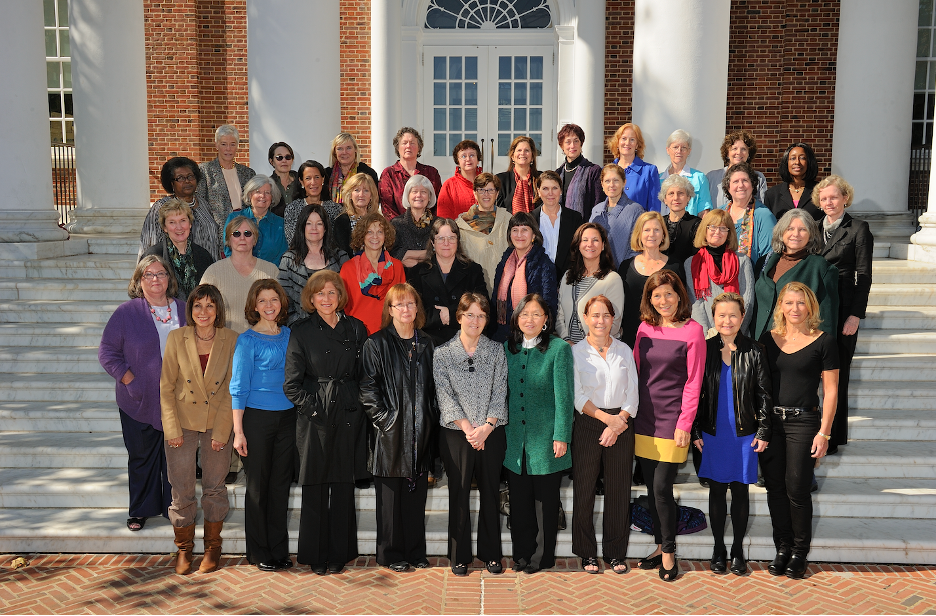Enjoy this post by Amy Li, one of our Special Collections Freshman Fellows for the 2022-2023 academic year!
Hello, again! My name is Amy Li, a Freshman Fellow for the 2022-23 academic year. During my first year, I worked with the incredible Katie Carey to research about student life at Hopkins, specifically the coeducation of women in the 1970s. Here is my second blog post about my research!
“I wanna be a doctor.”
“Best school I got into.”
“Hopkins people are: smart, hardworking, intense, humorous, realistic, and from New Jersey.”
Reading old articles and documents in Special Collections, I recognized how the motivation and enthusiasm for higher education remain the same, even after fifty years. Often, after looking at a piece, I search up the names of the alumna and find what they are doing now. They are indeed doctors, lawyers, scientists, business owners, politicians, and professionals—the female role models that wish they had during their undergraduate years. Rather, they are the role models of today, bringing opportunities for future generations with their unprecedented situation. As the instruments of change, these women affirmed that the impossible is possible and advocated for an improved higher education. They remind me to be grateful for the higher education that I have now.
In fact, during my time as a Freshman Fellow, I had the opportunity to speak with some of the first women at Hopkins. At the Friends Advisory Council Spring Meeting, I presented my coeducation research to Baltimore locals, alumni, faculty, and staff who are heavily involved with the University Libraries. After the gathering, many members approached me and revealed that they belonged to some of the first coed classes at Hopkins. Other members talked about belonging to the first coed classes outside of Hopkins such as at the University of North Carolina. Witnessing the enthusiasm from the council was a motivating experience—it reminded me how my project allows for women and their stories to be seen and heard. I was engaging with the pioneers of a momentous time in Hopkins’s history, which helped me gain a deeper understanding of the past. I hope to use this opportunity as a Freshman Fellow to demonstrate my appreciation.
Therefore, for my final project for Freshman Fellows, I created an online repository of my research through LibGuides. Like other archivists at universities such as Harvard and Yale, I compiled archival information online regarding coeducation and provided my input about these findings. In examining student life, I divided this broad topic into two main sections: (1) Technical Reform and (2) Social Reform. Technical reform involves housing and female representation on campus, while social reform focuses on activism, extracurriculars, and women within the Homewood community. I hope to raise awareness and celebrate the efforts of the university to response to education reform that allowed women like me to gain access to a world-class education.

As the Class of 1974 declared in their commencement address: “In the future, Hopkins women should not have to experience any more dramatic transitions. We hope that they will be a part of the process of change, reflecting the growth of the larger institution… We as women expect to work to abolish the social stereotypes for ourselves and for others, as this society begins to acknowledge the capabilities of all its members.”
I am so grateful for the Freshman Fellows program and Special Collections for all the support and guidance this year. Thank you to my amazing mentor, Katie Carey, for helping me embark on archival research and expand my knowledge about Hopkins. I highly recommend this program for incoming Freshmen, as it has taught me to research differently and in new ways.


